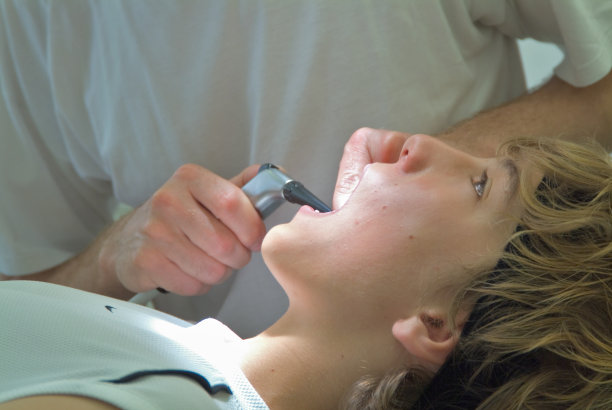Understanding the Impacts of Periodontal Disease on Overall Health and Effective Prevention Strategies for Better Oral Care
Summary: Periodontal disease is a serious oral health issue that can have far-reaching effects on overall health. This article explores the intricate relationship between periodontal disease and various systemic conditions, shedding light on how inflammation and bacteria from gum disease can contribute to heart disease, diabetes, and respiratory issues. Furthermore, we delve into effective prevention strategies, emphasizing the importance of proper oral hygiene, regular dental visits, and lifestyle modifications. By understanding the impacts of periodontal disease and adopting proactive preventive measures, individuals can enhance their oral care and overall well-being.
1. The Connection Between Periodontal Disease and Overall Health

Periodontal disease, often manifested through gum inflammation and infection, has been increasingly recognized for its impact beyond the mouth. Recent studies have shown a significant correlation between periodontal disease and systemic conditions such as cardiovascular diseases. The bacteria involved in gum disease can enter the bloodstream, leading to inflammation and affecting heart health.
Moreover, periodontal disease has been linked to diabetes. Elevated blood sugar levels can exacerbate gum infections, creating a vicious cycle where each condition worsens the other. This understanding underlines the importance of managing oral health for individuals with diabetes to prevent complications.
Additionally, respiratory diseases have shown a notable association with periodontal conditions. The inhalation of bacteria from the mouth could lead to infections in the lungs, particularly in individuals with pre-existing respiratory issues. Hence, maintaining optimal oral hygiene can play a vital role in preventing these health complications.
2. Key Symptoms and Signs of Periodontal Disease
Recognizing the symptoms of periodontal disease is crucial for early intervention and treatment. Common signs include persistent bad breath, red or swollen gums, and gums that bleed during brushing or flossing. These symptoms indicate inflammation and should not be ignored.
Another critical sign is the formation of pockets between the teeth and gums. As periodontal disease progresses, these pockets deepen, harboring more bacteria and increasing the risk of tooth loss. Regular self-examinations can help individuals detect these issues early, enabling timely dental visits.
Additionally, changes in the bite or the shifting of teeth can signal advanced periodontal disease. These alterations can be indicative of bone loss around the teeth. Awareness of these symptoms can motivate individuals to seek dental care before the disease reaches a more severe stage.
3. Effective Prevention Strategies for Oral Health
Preventing periodontal disease largely revolves around effective oral hygiene practices. Brushing twice daily with fluoride toothpaste and flossing regularly helps remove plaque, the primary cause of gum disease. It is essential to ensure that brushing techniques are effective and reach all areas, including the gum line.
Moreover, regular dental check-ups are vital for early detection and prevention of periodontal issues. Dental professionals can perform professional cleanings and provide tailored advice on improving oral care routines.
In addition to personal hygiene and professional care, lifestyle modifications can also play a significant role in prevention. Quitting smoking, maintaining a healthy diet rich in vitamins and minerals, and managing stress can enhance immune response and support overall oral health.
4. The Role of Nutrition in Oral Health
Nutrition is a fundamental aspect of preventive strategies against periodontal disease. Consuming a balanced diet that includes vegetables, fruits, and whole grains supports gum health and reduces inflammation within the body. Foods high in antioxidants can help combat oral bacteria and promote healing.
In contrast, a diet high in sugar and processed foods can contribute to plaque buildup and worsen gum health. Reducing sugar intake and opting for healthier snacks can significantly benefit oral health in the long run.
Moreover, adequate hydration is essential for maintaining saliva production, which plays a crucial role in neutralizing acids in the mouth and washing away food particles. Ensuring optimal hydration can be a simple yet effective way to support oral health.
Summary:
In conclusion, understanding the impacts of periodontal disease on overall health highlights the need for vigilance in oral care. By recognizing the connections to systemic conditions like heart disease, diabetes, and respiratory issues, individuals can appreciate the importance of maintaining their gum health. Furthermore, effective prevention strategies, including good oral hygiene, regular dental visits, and nutritional considerations, can significantly reduce the risk of periodontal disease and its associated health problems.
This article is compiled by Vickong Dental and the content is for reference only.



